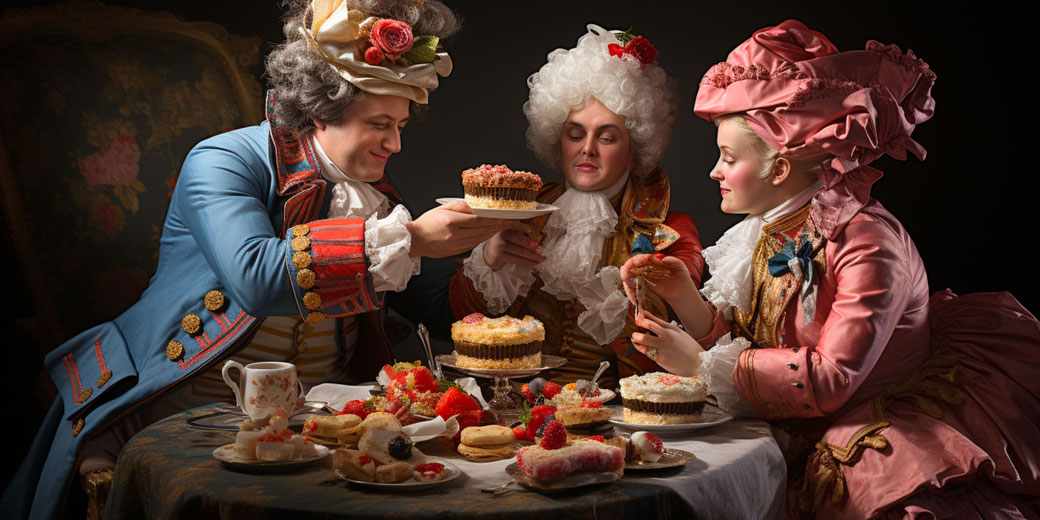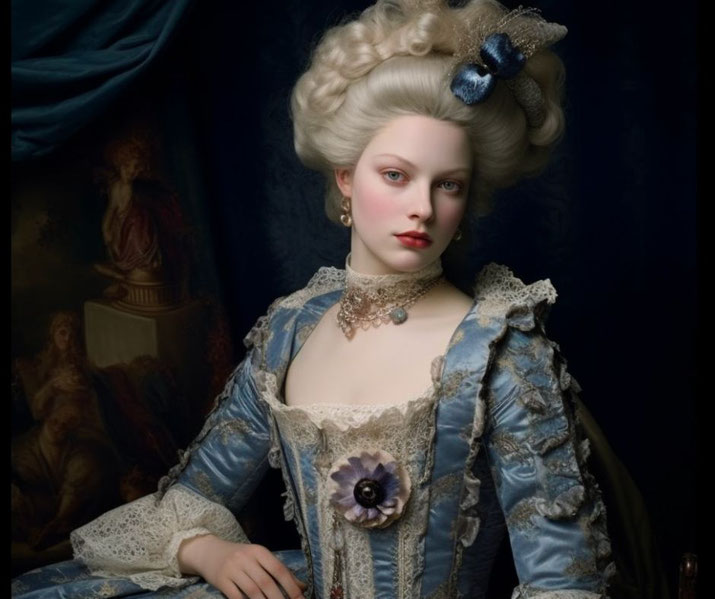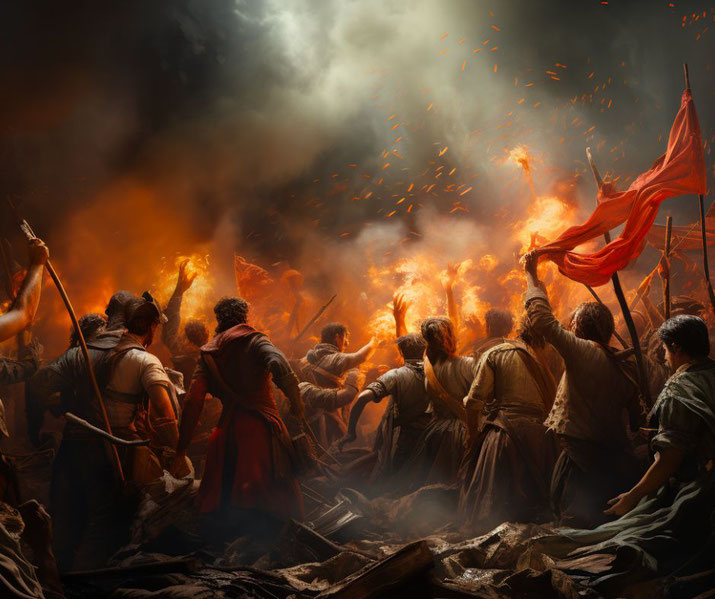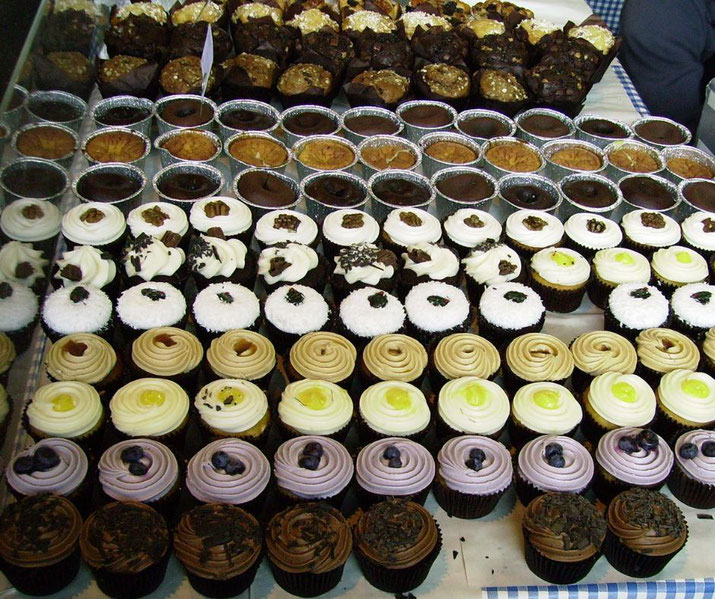Did Marie Antoinette really say, "Let them eat cake"?

Marie Antoinette, the last queen of France before the French Revolution, has had many tales and anecdotes associated with her.
One of the most famous was, "Let them eat cake." This alleged statement, supposedly uttered in response to learning that the French peasants had no bread, has become a symbol of royal indifference and the excesses of the monarchy.
But did Marie Antoinette really utter these words?
And why have they become a symbol of her detachment from the plight of the common people?
Understanding Marie Antoinette's lavish lifestyle
Marie Antoinette was born on November 2, 1755, in Vienna, Austria, to Empress Maria Theresa and Holy Roman Emperor Francis I.
She was the youngest and fifteenth child of her parents, growing up amidst the opulence and political intrigues of the Habsburg Court.
In 1770, at the tender age of fourteen, she was married to the Dauphin of France, Louis-Auguste, who would later become King Louis XVI.
This marriage was a political alliance, intended to strengthen the ties between Austria and France.
Upon her arrival in France, Marie Antoinette was thrust into a world of unprecedented luxury and rigid court etiquette at the Palace of Versailles.
The young Dauphine initially charmed the French court with her beauty and vivacity, but she soon faced criticism for her extravagant lifestyle and perceived frivolity.
The queen's penchant for lavish dresses, gambling, and extravagant parties became a source of public discontent, contributing to her negative image among the French populace.
Louis XVI ascended to the throne on May 10, 1774, making Marie Antoinette the Queen of France at the age of eighteen.
The early years of their reign were marked by financial crises and food shortages, exacerbating the economic inequality and social unrest that plagued France.
Marie Antoinette’s reputation suffered further as she became embroiled in a series of scandals, including the Affair of the Diamond Necklace in 1785, which involved fraudulent acquisition of expensive jewelry and tarnished the queen’s public image.

Widespread poverty and anger in France
The French Revolution, which unfolded from 1789 until 1799, was a period of radical social and political upheaval in France that had a lasting impact on the course of world history.
The revolution emerged from a confluence of factors, but economic hardship was undoubtedly a significant catalyst.
The financial strain on the French economy was exacerbated by years of bad harvests, rising food prices, and an outdated and inequitable tax system.
The majority of the population, particularly the Third Estate comprising peasants, laborers, and the burgeoning bourgeoisie, bore the brunt of these economic challenges, fostering widespread discontent and anger towards the ruling classes and the monarchy.
France's involvement in the American Revolutionary War (1775–1783) had left the country's finances in a precarious state.
The government had accumulated enormous debt, and attempts at financial reform were met with resistance from the nobility, who were reluctant to relinquish their tax privileges.
The economic situation was further aggravated by erratic weather patterns leading to crop failures and subsequent food shortages.
The price of bread, a staple in the French diet, soared, pushing many families into poverty and hunger.
The scarcity of food and the rising cost of living fueled social unrest and resentment towards the perceived extravagance and indifference of the aristocracy and the monarchy.
The Estates-General was convened in 1789 to address the financial crisis, marking the beginning of a political revolution.
The Third Estate, representing the common people, broke away to form the National Assembly, demanding a constitution and a more equitable representation.
The storming of the Bastille on July 14, 1789, became a symbol of the people's revolt against tyranny and the start of widespread uprisings across the country.
The revolutionaries sought to dismantle the old feudal order, abolish privileges, and establish a republic based on the principles of liberty, equality, and fraternity.

The origins of the phrase, "Let them eat cake"
The phrase "Let them eat cake," attributed to Marie Antoinette, has become synonymous with royal excess and indifference to the suffering of the people.
However, the origins of this quote are shrouded in uncertainty and have been the subject of much historical debate.
The first recorded instance of this phrase is found in Jean-Jacques Rousseau's autobiographical work, "Confessions," which was written in 1766, when Marie Antoinette was only 11 years old and had not yet ascended to the French throne.
In "Confessions," Rousseau does not explicitly name Marie Antoinette but refers to "a great princess" who, upon learning that the peasants had no bread, supposedly remarked, "Then let them eat brioche."
The attribution of this quote to Marie Antoinette has been contested by historians, given the timeline of Rousseau's writing and the fact that she was not yet in France at the time.
Some scholars suggest that the quote may have been attributed to her as a form of revolutionary propaganda to further tarnish her reputation and depict her as the embodiment of the detached and decadent aristocracy.
Others propose that the quote may have been a common trope used to illustrate the ignorance and callousness of the nobility, and Marie Antoinette became its most famous representative due to her unpopularity and the political climate of the time.
The phrase "Let them eat cake" itself is a translation of the French "Qu'ils mangent de la brioche," with "brioche" being a type of luxury bread enriched with butter and eggs, more expensive than the common bread consumed by the populace.
The statement, whether actually uttered by Marie Antoinette or not, symbolizes the stark divide between the privileged aristocracy and the struggling common people, encapsulating the social inequalities that fueled the French Revolution.

The long-term impact of the quote on her image
The attribution of the phrase "Let them eat cake" to Marie Antoinette had a profound and lasting impact on her reputation, both during her lifetime and in the historical narratives that followed.
During a time of widespread famine and economic hardship, the alleged statement served to crystallize the image of the queen as a symbol of royal excess, indifference, and detachment from the suffering of the French people.
This portrayal significantly contributed to the public's animosity towards Marie Antoinette, further alienating her and the monarchy from the populace and exacerbating the revolutionary sentiments brewing in France.
The impact of the alleged statement on Marie Antoinette’s reputation was not confined to the revolutionary period.
The image of the queen uttering the infamous words has endured in popular culture, literature, and art, shaping the collective memory of her as a monarch out of touch with the reality of her subjects' lives.
This portrayal has often overshadowed other aspects of her life, including her political involvement, charitable acts, and the challenges she faced as a woman in a position of power during a tumultuous time.
While recent historical scholarship has sought to reassess Marie Antoinette’s life and reign, offering a more nuanced and balanced perspective, the myth of "Let them eat cake" continues to be a defining element of her legacy.
The story serves as a powerful reminder of the role of narrative and myth-making in shaping historical reputations and the ways in which individuals, particularly women in positions of power, can be vilified and scapegoated in times of societal upheaval.
The enduring impact of this apocryphal quote on Marie Antoinette’s reputation underscores the complex interplay between truth and fiction in the construction of historical memory.
What do you need help with?
Download ready-to-use digital learning resources
Copyright © History Skills 2014-2024.
Contact via email
With the exception of links to external sites, some historical sources and extracts from specific publications, all content on this website is copyrighted by History Skills. This content may not be copied, republished or redistributed without written permission from the website creator. Please use the Contact page to obtain relevant permission.





